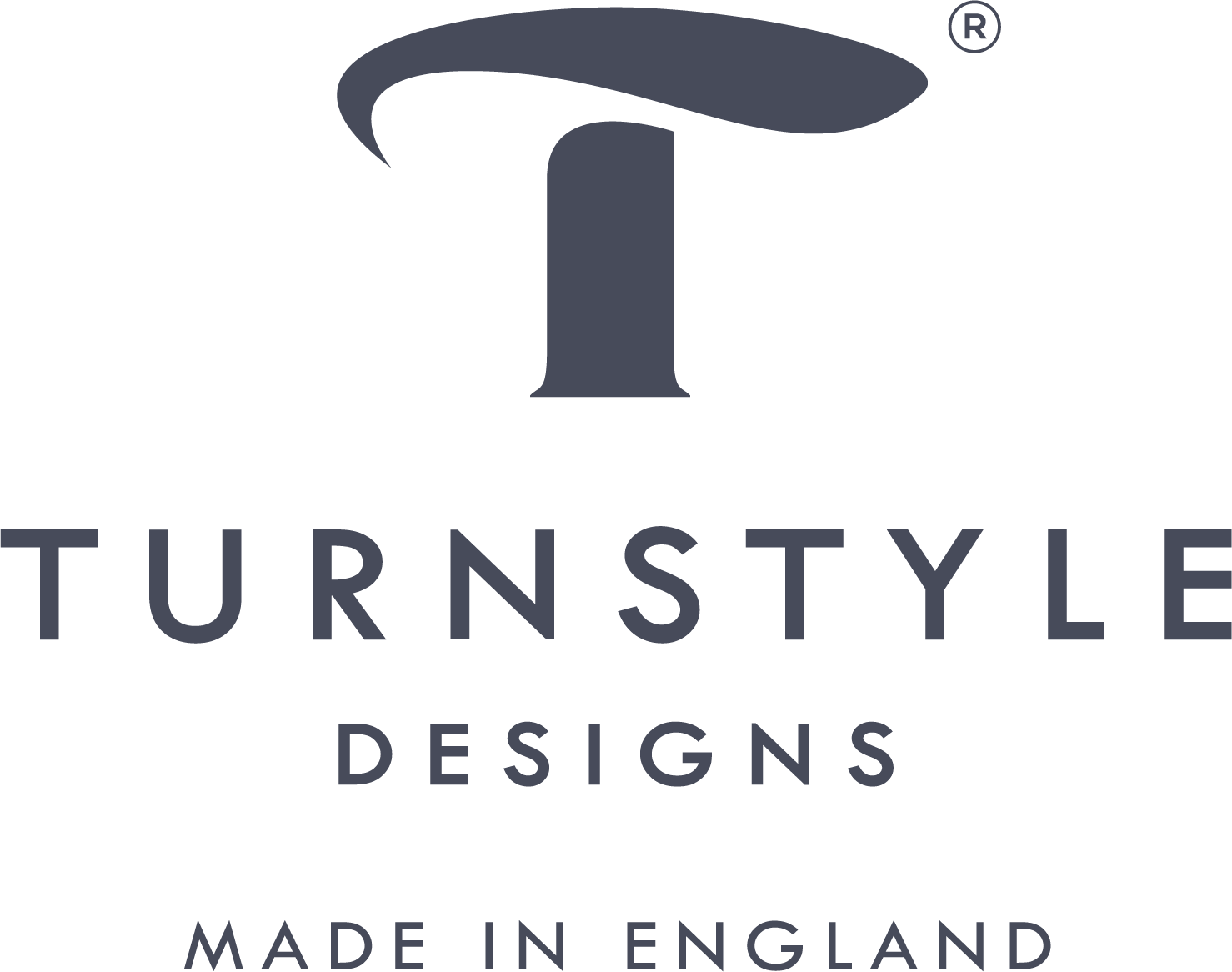

Turnstyle Designs

Devon, United Kingdom
November 2024
Fabricated metal products
Manufacturing
United Kingdom,
United States
Turnstyle Designs was established in 1992, at a time when door hardware was considered to be primarily functional and lacked any real innovation. Turnstyle Designs was created with a vision to shake up the market and introduce innovative design, processes, and new materials. Founded by Steve and Christina Roberts, the company is still privately owned by The Roberts Family, with Steve and Christina’s eldest son Oscar now running the business. We are extremely proud of our long standing, dedicated crew of staff, manufacturing our products with a blend of craftsmanship and engineering to the very highest of standards and our sales and support team who pride themselves on offering outstanding service. Over 30 years on, Turnstyle Designs is considered one of the foremost producers of luxury, design led, door hardware in the world, supplying some of the most prestigious and interesting building and superyacht projects in over 50 countries worldwide. What once started out in a makeshift workshop at the end of the garden, has now become an award winning, renowned global business, operating out of purpose-built factory and offices, in beautiful North Devon, England.
Overall B Impact Score
Governance 15.8
Governance evaluates a company's overall mission, engagement around its social/environmental impact, ethics, and transparency. This section also evaluates the ability of a company to protect their mission and formally consider stakeholders in decision making through their corporate structure (e.g. benefit corporation) or corporate governing documents.
What is this? A company with an Impact Business Model is intentionally designed to create a specific positive outcome for one of its stakeholders - such as workers, community, environment, or customers.
Workers 25.1
Workers evaluates a company’s contributions to its employees’ financial security, health & safety, wellness, career development, and engagement & satisfaction. In addition, this section recognizes business models designed to benefit workers, such as companies that are at least 40% owned by non-executive employees and those that have workforce development programs to support individuals with barriers to employment.
Community 36.6
Community evaluates a company’s engagement with and impact on the communities in which it operates, hires from, and sources from. Topics include diversity, equity & inclusion, economic impact, civic engagement, charitable giving, and supply chain management. In addition, this section recognizes business models that are designed to address specific community-oriented problems, such as poverty alleviation through fair trade sourcing or distribution via microenterprises, producer cooperative models, locally focused economic development, and formal charitable giving commitments.
What is this? A company with an Impact Business Model is intentionally designed to create a specific positive outcome for one of its stakeholders - such as workers, community, environment, or customers.
Environment 19.2
Environment evaluates a company’s overall environmental management practices as well as its impact on the air, climate, water, land, and biodiversity. This includes the direct impact of a company’s operations and, when applicable its supply chain and distribution channels. This section also recognizes companies with environmentally innovative production processes and those that sell products or services that have a positive environmental impact. Some examples might include products and services that create renewable energy, reduce consumption or waste, conserve land or wildlife, provide less toxic alternatives to the market, or educate people about environmental problems.
Customers 2.3
Customers evaluates a company’s stewardship of its customers through the quality of its products and services, ethical marketing, data privacy and security, and feedback channels. In addition, this section recognizes products or services that are designed to address a particular social problem for or through its customers, such as health or educational products, arts & media products, serving underserved customers/clients, and services that improve the social impact of other businesses or organizations.